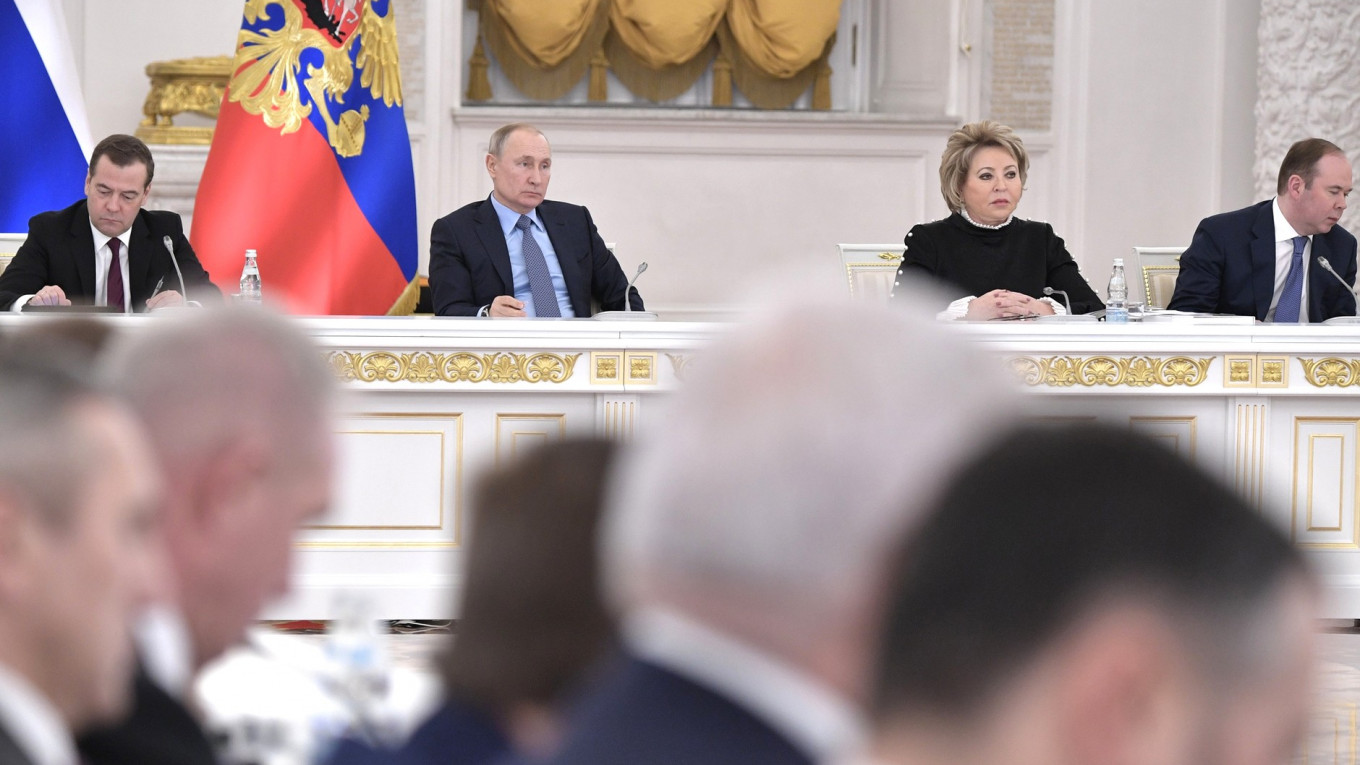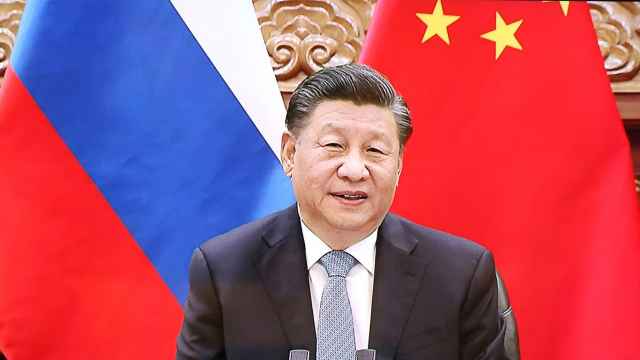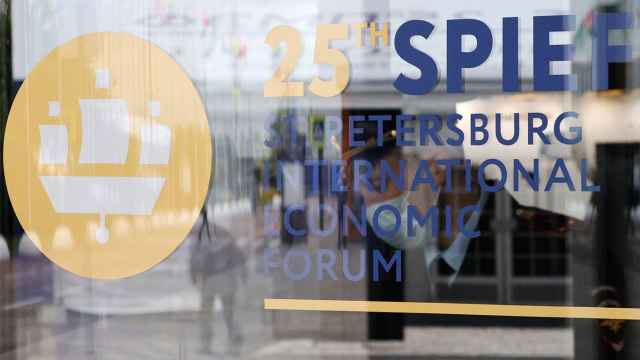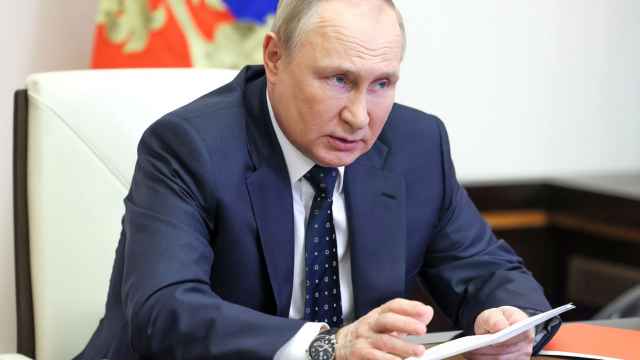President Vladimir Putin has signed bills into law elevating a low-profile advisory body known as the State Council, criminalizing secession and prioritizing the Russian Constitution over international law.
Putin approved the set of laws on Tuesday, 160 days after Russian voters overwhelmingly approved constitutional reforms that pave the way for him to extend his 20-year rule until 2036.
The new law defines the State Council as a constitutional state body formed by the head of state to ensure the coordinated work of government, determine key domestic and foreign policy areas, as well as social and economic development priorities. The State Council is composed of regional governors and top federal officials.
Before a last-minute proposal this spring that allows him to ignore current constitutional limits and run for two more six-year presidential terms, analysts had predicted that Putin could remain at the helm as head of the State Council after his current term limit expires in 2024.
Another high-profile law Putin signed Tuesday gives prison terms of up to 10 years for giving away parts of Russian territory and fines for public calls toward territorial concessions.
The so-called “territorial integrity” law is widely seen as a warning to those in Russia who question its 2014 annexation of Crimea from Ukraine and Russia's sovereignty over a chain of Pacific islands it seized after World War II and is also claimed by Japan.
Finally, Putin signed a law formally giving precedence to Russian law over international treaties that contradict the new Russian Constitution. Rights advocates have raised concerns that the law could erode rights and freedoms in Russia, whose citizens have for years sought justice they say they are denied at home in Europe’s human rights court.
A Message from The Moscow Times:
Dear readers,
We are facing unprecedented challenges. Russia's Prosecutor General's Office has designated The Moscow Times as an "undesirable" organization, criminalizing our work and putting our staff at risk of prosecution. This follows our earlier unjust labeling as a "foreign agent."
These actions are direct attempts to silence independent journalism in Russia. The authorities claim our work "discredits the decisions of the Russian leadership." We see things differently: we strive to provide accurate, unbiased reporting on Russia.
We, the journalists of The Moscow Times, refuse to be silenced. But to continue our work, we need your help.
Your support, no matter how small, makes a world of difference. If you can, please support us monthly starting from just $2. It's quick to set up, and every contribution makes a significant impact.
By supporting The Moscow Times, you're defending open, independent journalism in the face of repression. Thank you for standing with us.
Remind me later.






